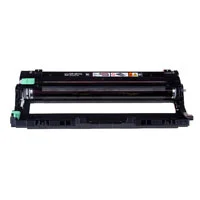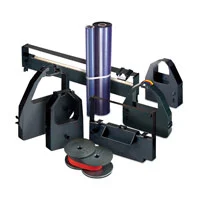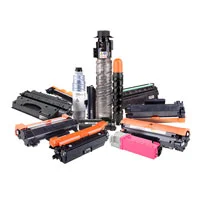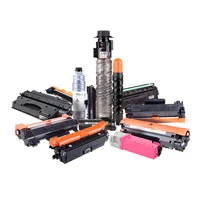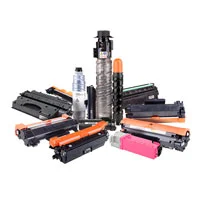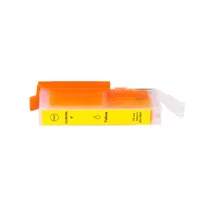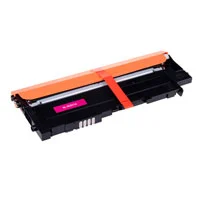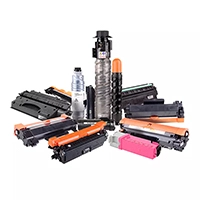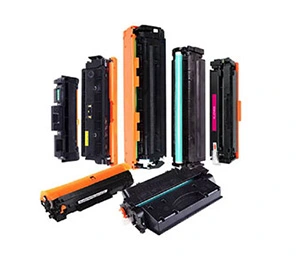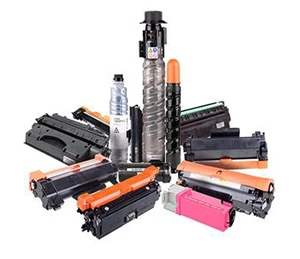
Search
In the realm of printing technology, one component stands out as the unsung hero behind the scenes—the OPC (Organic Photoconductor) drum. This seemingly humble part plays a crucial role in transforming digital data into tangible documents. In this article, we will explore what an OPC drum is, how it works, its significance in the printing process, and maintenance tips to ensure its longevity.
In an age where printed documents remain an integral part of communication and documentation, understanding the technology that enables this process is essential. The OPC drum plays a central role in ensuring that your printed materials meet the standards of clarity and precision.
The OPC drum, or Organic Photoconductor drum, is a core component within laser printers and copiers. Its primary function is to capture and transfer the image or text from a digital source (such as a computer) onto paper. This vital process is fundamental to the world of modern printing.
The OPC drum operates on the principle of electrostatics. Here's a simplified breakdown of its functioning:
Conditioning: Initially, the OPC drum is uniformly charged with static electricity. This charge creates an electrostatic field on the drum's surface.
Writing: As a laser beam or LED light source scans across the drum's surface, it discharges specific areas, creating an electrostatic image of the content to be printed.
Developing: Toner particles, which carry the ink, are attracted to the charged areas on the drum, forming the image or text.
Transferring: The image is then transferred from the drum onto paper or another printing medium through a combination of heat and pressure.
Fusing: The toner on the paper is fused permanently using heat, resulting in the final printed output.
There are various types of OPC drums, each with its own set of characteristics and applications:
4.1 Organic Photoconductor (OPC) Drums
OPC drums are commonly used due to their exceptional image quality. They are sensitive to light and provide sharp and accurate reproductions, making them ideal for professional printing.
4.2 Selenium Drums
Selenium drums are renowned for their durability and longevity. They can handle high-volume printing and are less prone to wear and tear, making them suitable for heavy-duty printing environments.
4.3 Ceramic Drums
Ceramic drums strike a balance between image quality and durability. They are commonly found in mid-range laser printers and photocopiers, offering a cost-effective solution for quality printing.
The quality of your OPC drum directly impacts the quality of your printed materials. Investing in a high-quality drum ensures that your documents are clear, sharp, and professional-looking.
Signs of a Failing OPC Drum
Recognizing the signs of a failing OPC drum is crucial to maintain print quality. Common indicators include streaks, spots, or fading prints. Addressing these issues promptly can prevent further damage.
Maintaining Your OPC Drum
Proper maintenance, such as cleaning the drum and avoiding exposure to direct sunlight or extreme temperatures, can significantly extend the lifespan of your OPC drum.
Replacing the OPC Drum
When it's time to replace the OPC drum, choose a compatible and high-quality replacement. Using the correct drum is essential to maintaining print quality and the overall health of your printer or copier.
The OPC drum, although often overlooked, is the heart of modern printing technology. Its precision and reliability are what enable us to transform digital data into tangible documents. Understanding its function, maintenance, and replacement options is essential for anyone relying on printed materials in their personal or professional life.
